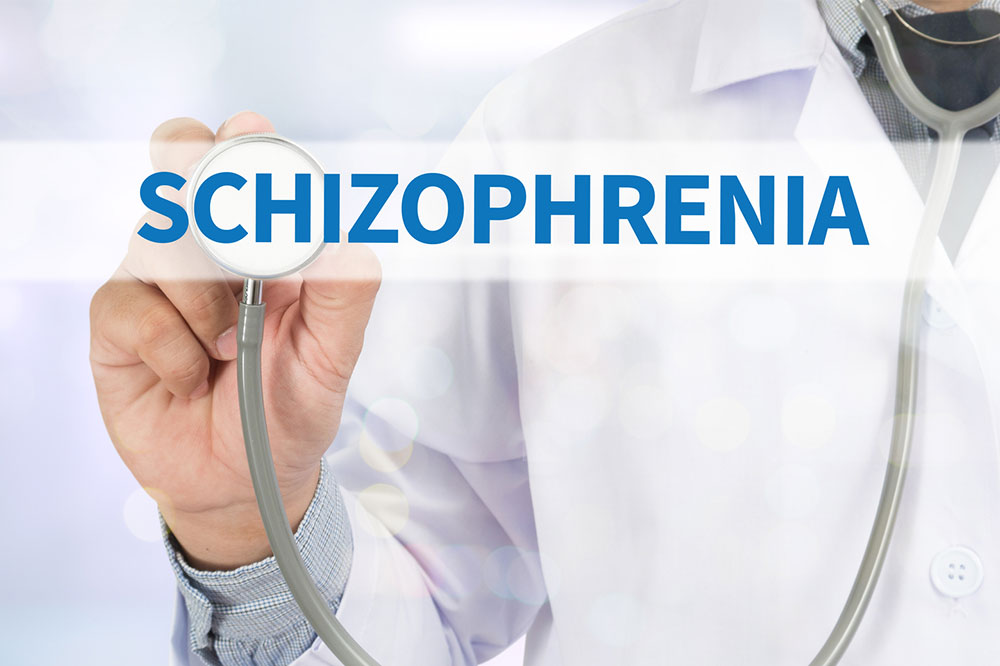Key Insights into Depression and Its Impact
Depression, a prevalent mental health disorder, affects emotions, thoughts, and daily life. This article explores the causes, symptoms, and treatment options for depression, emphasizing the importance of support and professional help for recovery. Recognizing the signs early can lead to effective management and improved quality of life for sufferers.

Key Insights into Depression and Its Impact
Depression, medically known as major depressive disorder, is a mental health condition that significantly impairs an individual’s emotional well-being. Those affected often experience intense feelings of despair and persistent sadness, which may lead to social withdrawal. This illness influences thought processes, daily functioning, and emotional responses.
Due to its persistent nature, depression can severely disrupt a person’s life. It often results in heightened self-criticism and low self-esteem. Anyone, regardless of age, gender, or background, can develop depression.
Overcoming depression can be challenging, especially without proper treatment.
Long-term management is frequently necessary for individuals suffering from depression. The disorder often manifests in multiple episodes across different life stages.
According to the National Institute of Mental Health, approximately 16.1 million adults experienced at least one depression episode in 2015. Research indicates women are more susceptible to depression than men. With such widespread prevalence, depression is recognized as one of the most common mental health issues.
Causes of depression
Though the precise causes remain unclear, scientists believe depression arises from a blend of emotional, biological, and environmental factors.
The loss of a loved one can trigger depression, especially when coupled with intense emotional upheaval.
Disruptions in brain chemical levels, such as neurotransmitters, may contribute to depression. Factors like childhood trauma, unemployment, financial hardship, or divorce can alter neurotransmitter function and lead to depressive episodes.
Chronic illnesses, including cancer, heart disease, and thyroid issues, are linked to depression.
Use of certain medications, such as sedatives and antihypertensives, can also precipitate depression.
Hormonal fluctuations, especially postpartum or during menopause, are common triggers in women.
Genetic predisposition plays a role, with family history increasing the risk of developing depression.
Various risk factors include pessimism, history of abuse, other mental health disorders, substance misuse, and ongoing health struggles.
Signs and Symptoms
Symptoms vary across age groups:
Children may show clinginess, sadness, anxiety, and reluctance to attend school.
Teenagers often experience irritability, low self-esteem, social withdrawal, and substance use.
Adults might suffer from physical pain, fatigue, memory issues, decreased appetite, sexual dysfunction, and thoughts of self-harm.
Common symptoms include persistent sadness, anger, frustration, fatigue, and slow cognition.
Managing Depression
Effective treatment involves a combination of medication and therapy.
Psychotherapy, such as cognitive-behavioral therapy (CBT), can significantly aid patients.
Continuous support and long-term treatment are essential for improving quality of life.










